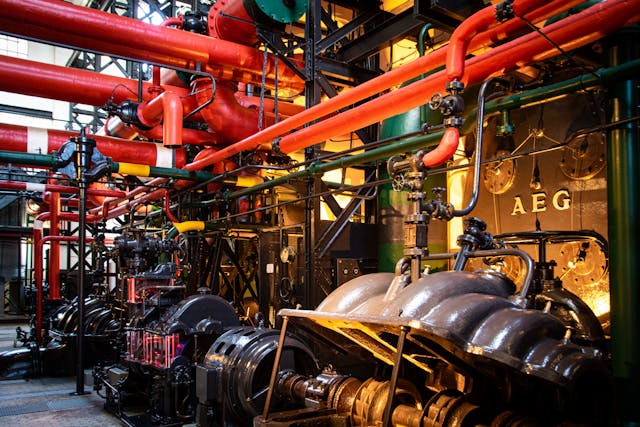Job transitions are now at 80% year over year for Gen Z, but what does this really mean for recruitment professionals and the future of work? Gen Z is expected to make up at least 27% of the global workforce within the next two years and 30% within the next seven, Several have already joined the workforce and are allowing companies to meet hiring demand, however, recruiting and retaining Gen Z employees has been problematic.
Gen Z workers are not able to fit in properly with the existing employee base, and there are three reasons at play. Changes to the workplace after COVID have caused Gen Z to experience the most layoffs and furloughs in 2020 and 2021; additionally, women have struggled and are now flooding back to work in these popular cities. Negative headlines have led to avoidable friction between employers and employees who are also not on the same page when it comes to career assumptions.
TIme and money are imperative as companies race to recruit and keep top talent. And with 52% of early-career employees stating that their turnover could have been avoided, this means companies need to rethink their hiring strategies. Several strategies can be exercised to better attract Gen Zers, including being very direct about expectations for the role, salary, opportunities for growth, and more while also being transparent about goals. Gen Zers are also valuing more respect in the workplace as well as sincere relationships with fellow coworkers due to the impact of the COVID pandemic.
Gen Z deserves communication that is both clear and intentional, especially when getting hired and learning about the job. It is the workplaces’ responsibility to understand the forces shaping the future of work and making the appropriate changes to engage Gen Z. See more about how this is accomplished below, courtesy of Abode:
.jpg)
Source: Abode HR











